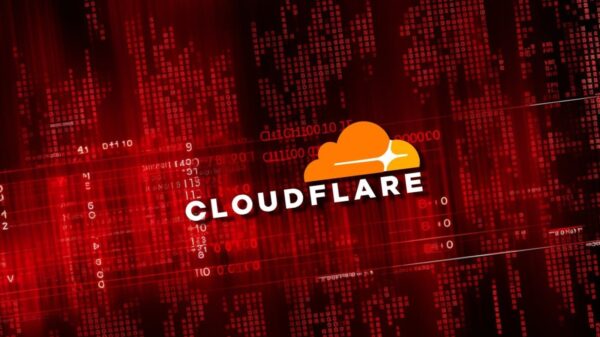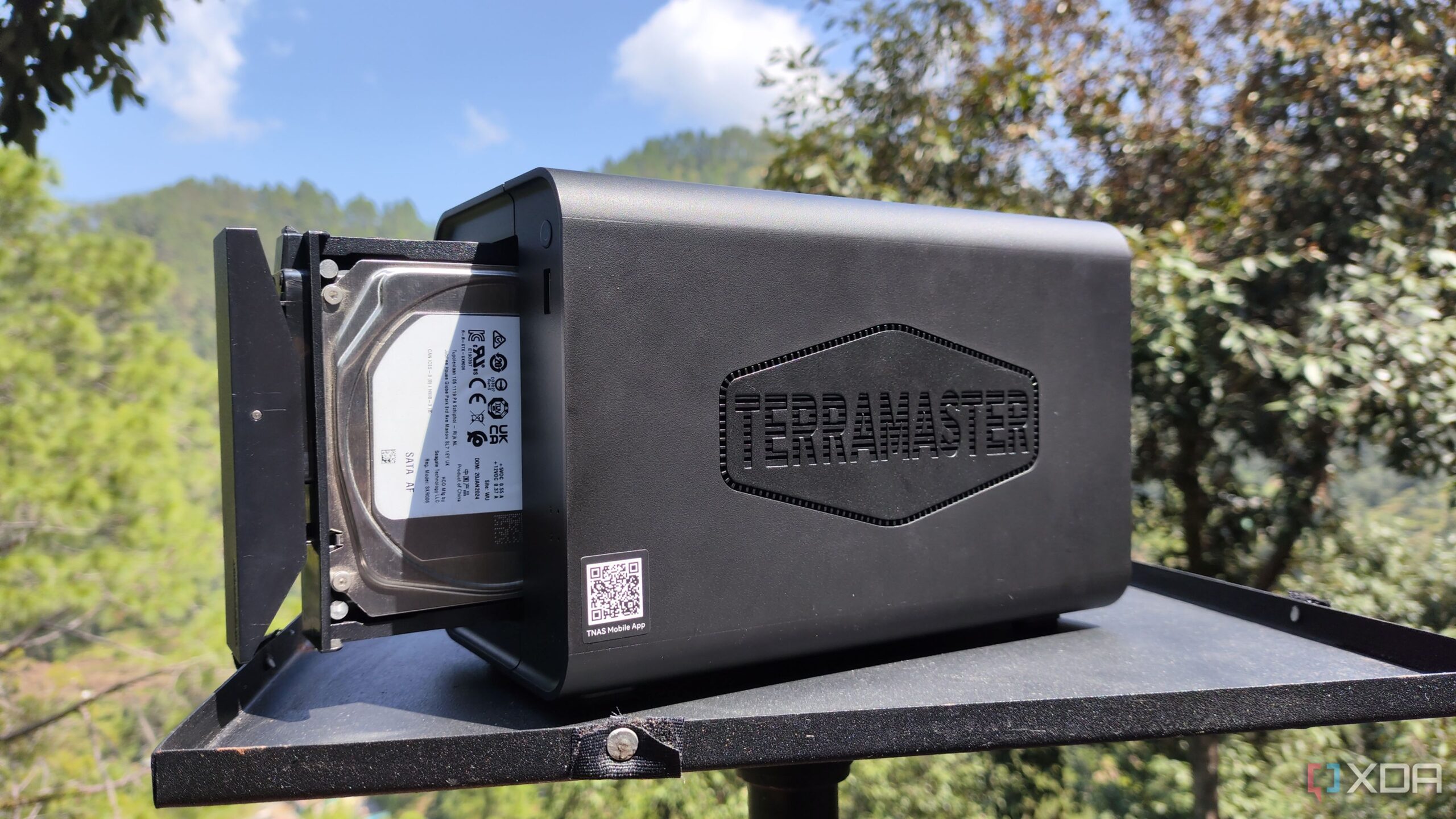BREAKING: A recent analysis reveals that Network Attached Storage (NAS) is outperforming external SSDs in surprising ways, transforming how users access and manage their data. The findings come at a time when efficient data management is crucial for both personal and professional use.
New reports confirm that while external SSDs boast faster read and write speeds, several factors contribute to NAS systems feeling significantly swifter in real-world applications. Key elements include always-on availability, enhanced caching, and smarter indexing, making NAS a compelling choice for users seeking speed and convenience.
WHAT JUST HAPPENED? A tech enthusiast has shared insights about their experience, noting that their NAS felt faster than an external SSD connected directly to their computer. This revelation challenges the common belief that external drives, with their portability, are inherently superior for fast data access.
WHY THIS MATTERS NOW: In today’s fast-paced digital world, efficiency in data storage and retrieval is essential. With more people relying on cloud and network storage solutions, understanding the advantages of NAS could revolutionize how individuals and businesses manage data. The transition to a NAS system could lead to improved productivity and streamlined workflows.
DETAILS: The user highlighted six critical aspects that elevate NAS performance:
1. **Always-On Availability**: Unlike external SSDs, which require manual connection, NAS devices integrate seamlessly with any device on the network, allowing instant access without the need for physical connection.
2. **Improved Caching and Indexing**: The NAS employs dedicated caching, enabling swift data storage and retrieval. This feature enhances performance during writing tasks and significantly speeds up indexed searches.
3. **Network Optimizations**: A wired NAS connected via a fast LAN can match or exceed the speed of external SSDs. Utilizing advanced connections like 2.5/10GbE or Wi-Fi 6 ensures stable file transfers without interruptions.
4. **Parallel Access**: NAS systems are designed for multitasking, allowing users to perform multiple operations simultaneously without affecting performance, unlike external drives that slow down during concurrent transfers.
5. **Smart Sync and Automation**: Automated backup solutions, such as Synology Drive, provide users with peace of mind by backing up files without manual intervention, saving time and effort.
6. **Workflow Optimization**: The NAS centralizes all files in one accessible location, eliminating the confusion of managing multiple drives and enhancing overall productivity.
NEXT STEPS: As more users discover these advantages, the shift toward NAS systems may accelerate. Tech experts recommend evaluating your current storage solutions and considering a NAS upgrade for improved efficiency.
In conclusion, while external SSDs still hold value for portability, NAS systems offer unmatched speed and convenience that could reshape data management for millions. As technology continues to evolve, staying informed about these developments can empower users to make smarter choices for their digital needs.
Stay connected for more updates on this evolving story, as the tech landscape rapidly shifts and new innovations emerge.





































































